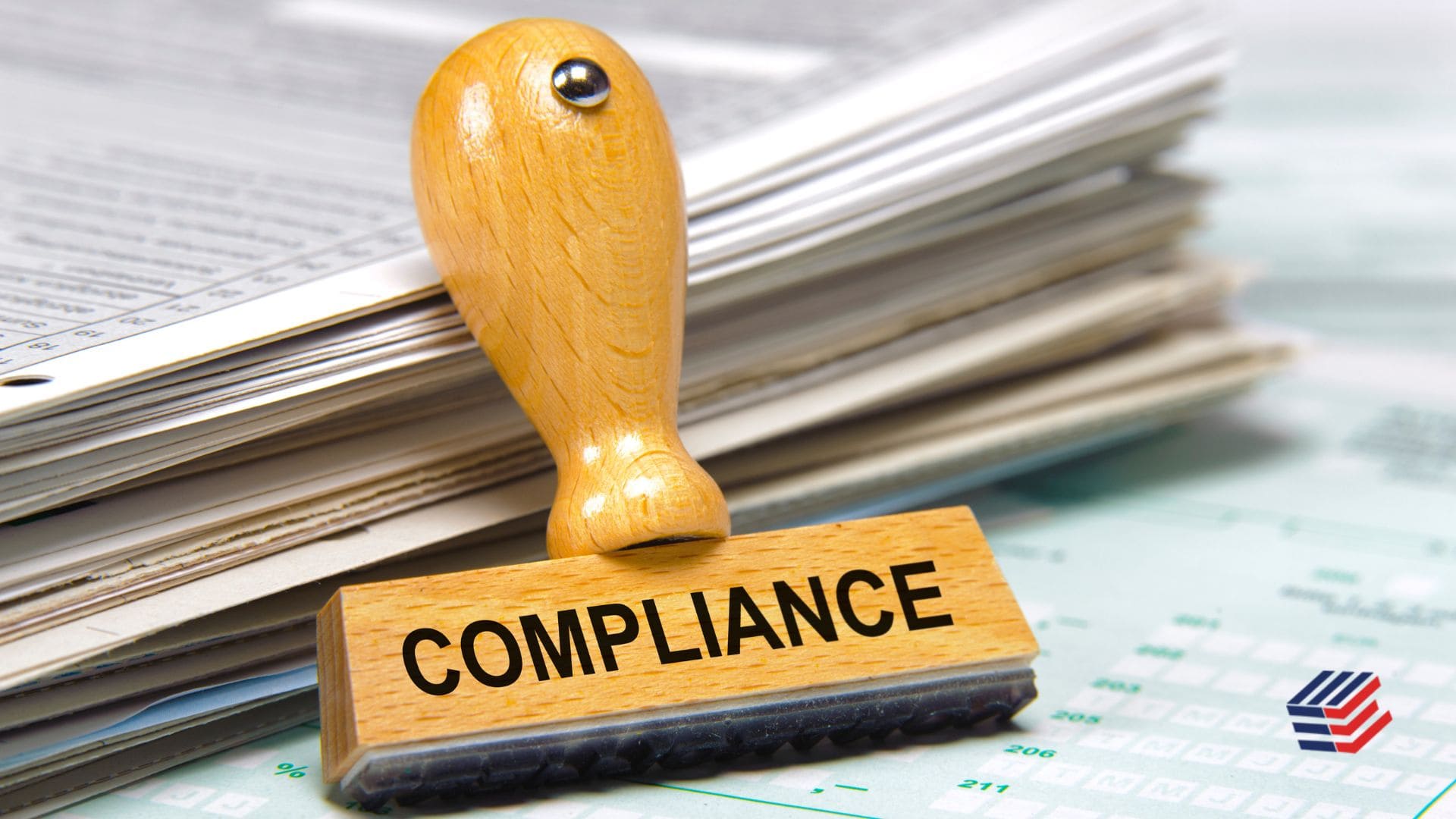In 2010, Massachusetts enacted a new law governing the use of criminal records for employment in Massachusetts and the Criminal Offender Record Information (CORI) Reform Act will become effective from May 4, 2012. The act will allow all employers access to a new online records system, but it also imposes obligations on employers that acquire criminal history information from private sources, such as consumer reporting agencies (background report vendors). Employers should review their hiring and background check policies now to determine whether any updates are necessary.
Accessibility of records
The major change that is to take place is that initially CORI was accessible to select employers that have successfully petitioned the commonwealth for access—primarily those that deal with vulnerable populations, such as schools, day care centers and long-term-care facilities. However the Department of Criminal Justice Information Services (DCJIS) is currently making this a web based system (iCORI) which will allow employers to request and obtain access to CORI records online. However the amendment only allows for select information to be viewed such as pending arrests and charges that resulted in a conviction, limited to the past 10 years for felonies and the past five years for misdemeanors. All employers, however, will have permanent access to data related to convictions for murder, manslaughter and certain sexual offenses.
Retention & dissemination of records
The legislation imposes new recordkeeping requirements and record retention limits on employers that obtain criminal records through iCORI. To access iCORI records, employers must obtain signed acknowledgment forms from the employee or applicant authorizing the employer to view the iCORI records. Employers must maintain acknowledgment forms for a minimum of one year following the date of the iCORI request. Employers must limit the dissemination of iCORI records to only those employees with a need to know within the organization and certain government officials. If an employer disseminates the records, it must maintain a secondary dissemination log to record the relevant information. Employers may not maintain iCORI records for more than seven years after the employee’s last date of employment or the date of the final decision not to hire an applicant.
Among other changes in the Amendment is the clause for employers doing more than 5 background check to state a policy for the same. The policy should state the basic process of background check, notify the employee of any adverse action that is taken and also provide ways to correct records in the record base through DCJIS. In addition to limiting the scope of iCORI records available to most employers, the act eliminates an exemption in the Massachusetts consumer protection law that currently allows consumer reporting agencies to report older adverse information, including criminal history records, concerning applicants and employees in certain positions. Effective May 4, 2012, consumer reporting agencies may only report adverse information for a period of seven years following the final disposition of the event, as defined by state law.

